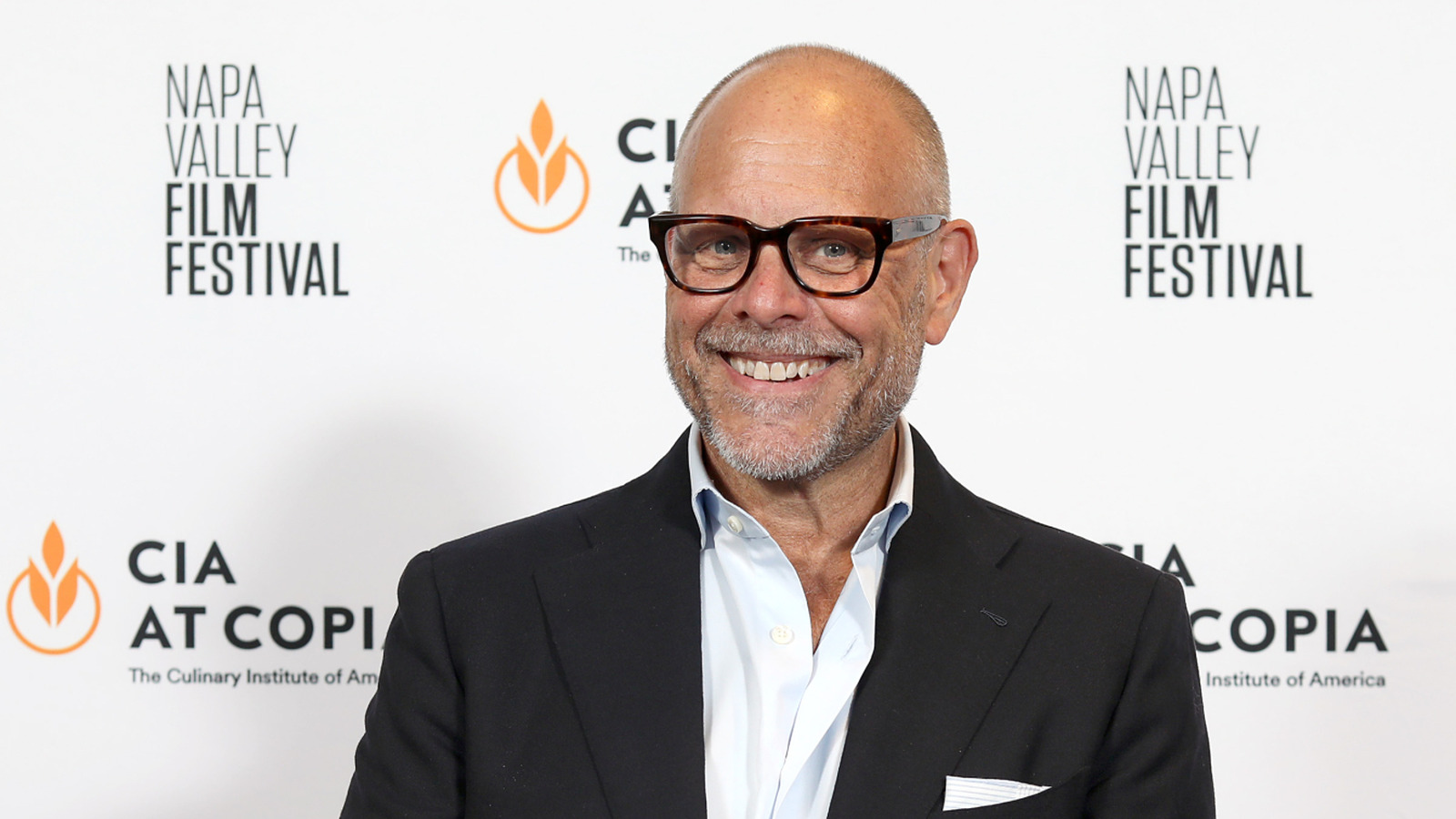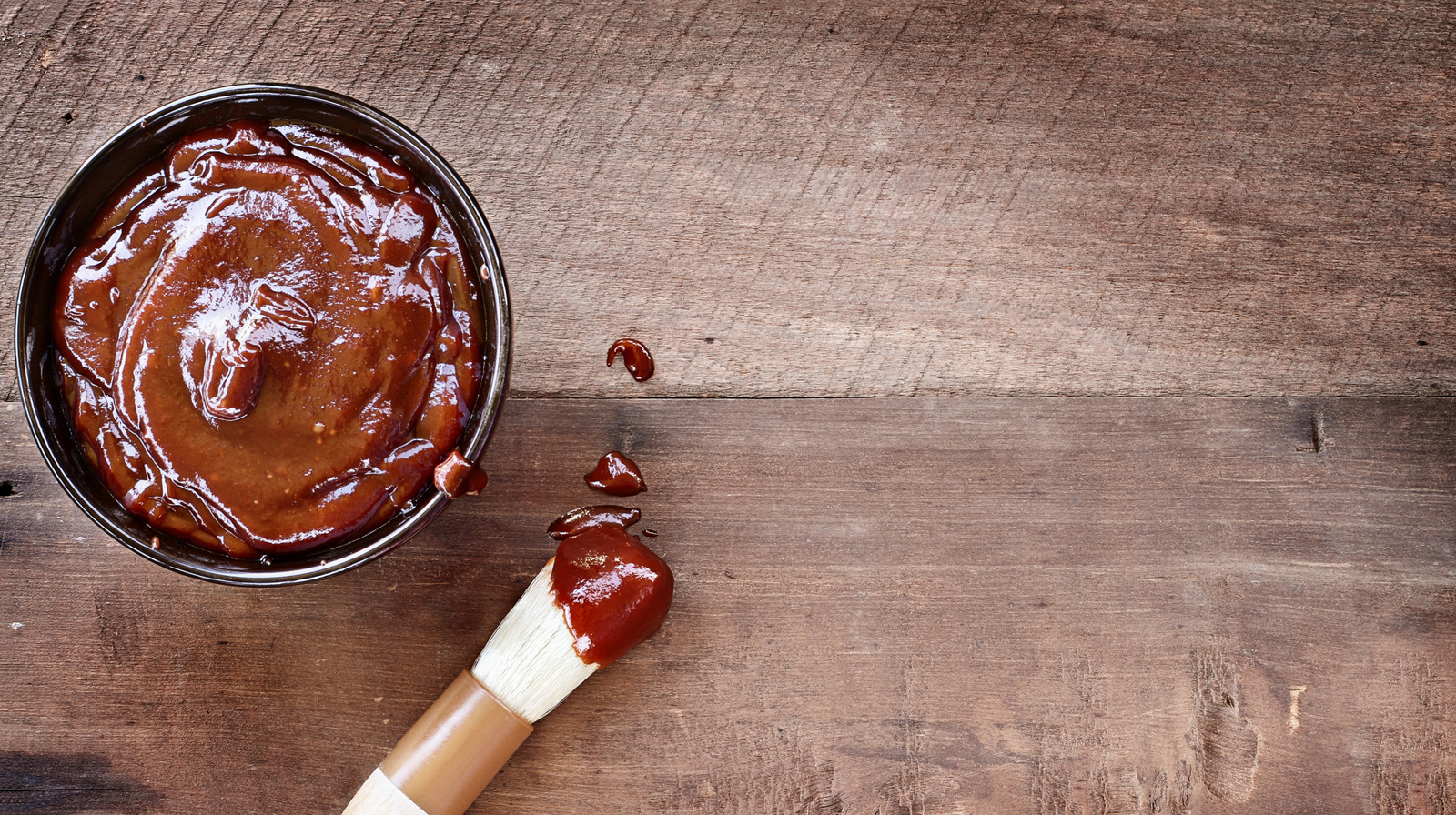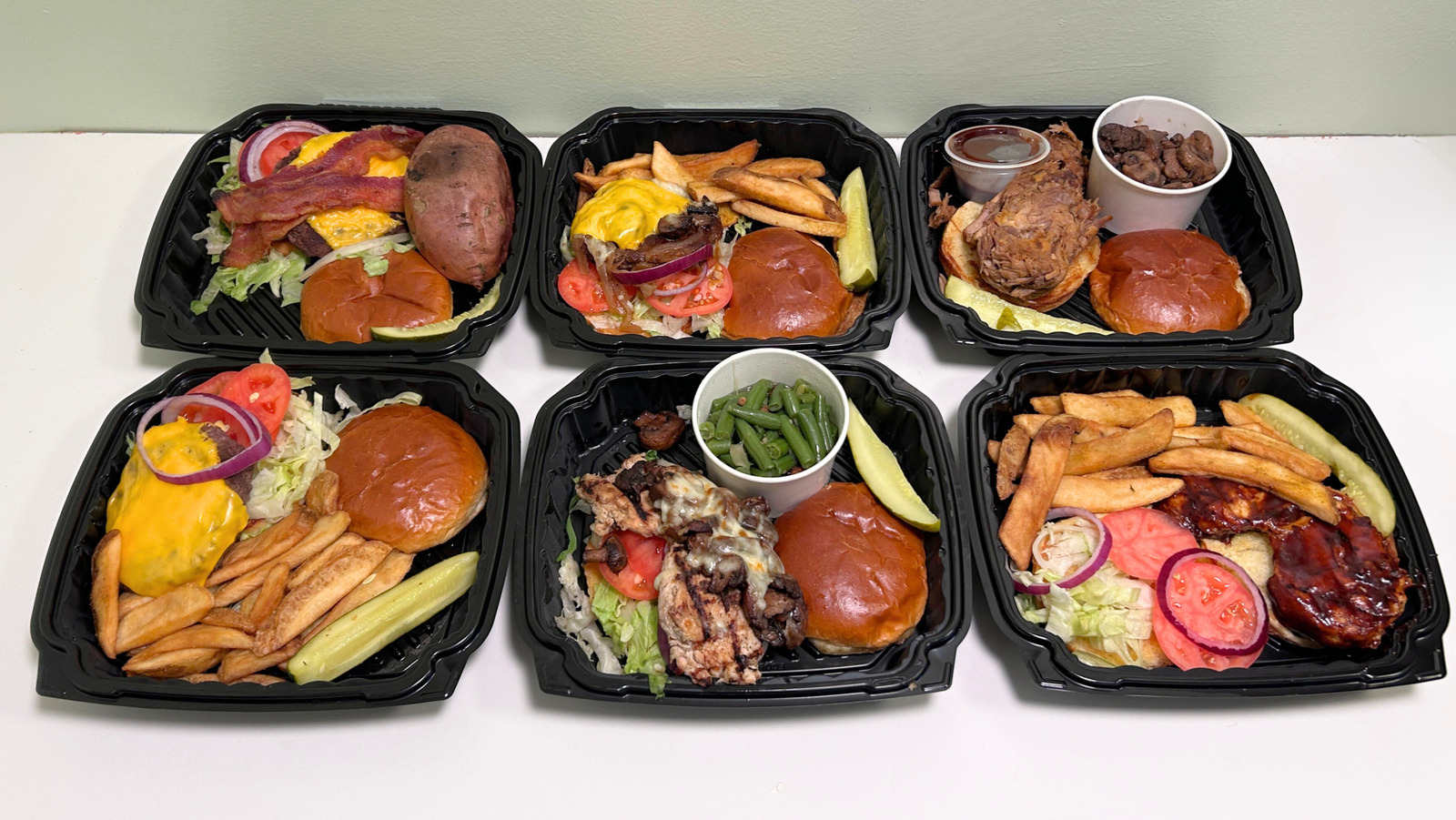 photograph by Debajyoti Chakraborty
photograph by Debajyoti Chakraborty
When Pawan Dhall first discovered Shakuntala Devi’s pathbreaking book The World of Homosexuals in his home library, it “opened up a new world to me,” he says. Written in 1977, the book was based on research and interviews and Devi’s own experience of being married to a gay man. In it, she urged for complete acceptance of homosexuals by society. While many gay men profess feelings of guilt, depression, and a sense of ‘why me?’ when they come to their sexual awakening, Dhall wasn’t prey to such emotions. “My grounding at home was a solid one. There was a certain importance given to individuality,” he says. This was in the ’80s and the subject of non-traditional gender relationships was just starting to enter mainstream media. Based in Kolkata, Dhall is a LGBTQIA+ activist, author and founding member of Varta Trust, a gender and sexuality non-profit. Before that, he worked as the Country Director (Programmes and Development) at the NGO Saathii (Solidarity and Action Against the HIV Infection in India) for a little more than 12 years. Through his books, papers, and talks, he has continually been an advocate for inclusiveness that goes beyond rhetoric. “By the time I was 17, I knew I was gay. And I had found enough literature to understand that I was not alone, that there was a movement happening in different parts of the world.” Later, quotes from a social worker in Delhi and a psychiatrist in Mumbai in a Sunday Mid-Day article, which encouraged readers to write in via a postbox number, proved to be another major turning point in Dhall’s life. Over several months in 1985, he wrote to them, asking questions, clarifying doubts, and slowly understanding what it meant to be queer. It was during this time, when his brother was going to be married, that young Dhall came out to his parents, primarily because he was worried that he would be forced to marry at some point. While they were concerned about whether he was paying attention to studies, and even pondered if this was ‘just a phase’, they were supportive. They assured him that he would never be forced to live his life with anyone he didn’t want to. Around this time, the journalist Ashok Row Kavi became the first person in India to openly speak about being homosexual—he gave a coming out interview to Savvy in 1986 launched Bombay Dost, India’s first LGBTQIA+ magazine and started the Humsafar Trust support group for the LGBTQIA+ community. After graduating, Dhall took up his first job as a journalist at the Business Standard. During the same time, in 1992, Dhall was appointed on the board of Bombay Dost. “It was a volunteer position, but anytime there was something to do with Kolkata, the query was directed to me. By the middle of 1993, we were moving towards creating a support group in Kolkata.” “I started networking seriously. It was clear to me that I also wanted to do community mobilization,” he says, explaining the genesis of the Counsel Club. Started in August 1993, Counsel Club invited letters via a post-box number and discreetly conducted one-on-one advice sessions in Kolkata’s parks and cafes. It was risky—they faced harassment from the police, who did not hesitate to persecute, demanding bribes or sexual favours. “We were a sub-culture, invisible to the public. People were discriminated against in their homes, and the stories that came out created a fear psychosis. But something propelled us to not sit in silence,” he recalls. The Counsel Club helped thousands of members of the queer community, initially mainly gay men, but it soon became a support group for all sexual minorities. The initial concerns were how to explore one’s sexual leanings without getting caught, as marriage to the opposite sex was inevitable. But that attitude slowly started to change. In 1998, controversy around the movie Fire lit a spark. Dhall and a small group of individuals did the first pride walk in Kolkata in July 1999—the first one ever in Southeast Asia. They also met with representatives of the Human Rights Commission to explain that queer rights were a human-rights issue. By 2000, the membership of the Club had grown so much that it started having fortnightly meetings instead of one a month. “Events such as the pride walk, the availability of resource books, the Fire controversy, were all breaking the silence around homosexuality. After a feature in Anandabazar Patrika we were flooded with thousands of letters. We were no longer hiding,” Dhall recounts. Dhall’s work which allowed thousands a safe space of their own, continues to archive and fight the erasure the community faces still. The Varta Trust’s queer archival research, digitization and preservation work, Dhall believes, is vital to mark how far the queer rights movement has travelled and evolved. “It is important to preserve these stories of how the community negotiated their often lonely lives, the denial of our rights and the massive human cost discrimination exacts”. This evidence base, he emphasizes, is essential to good advocacy. Anti-discrimination is the need of the hour, he believes. “Of course, people should have the right to marry whoever they like, but how will marriage equality help when a couple cannot even be assured of living together safely and accessing the benefits heterosexual couples enjoy?” Dhall questions. The fight to scrap section 377 is only a small part of the larger picture, asserts Dhall. “Establishing anti-discrimination mechanisms through public-interest litigations and sensitization will ensure a larger set of people lead better lives.” “It’s not as if cases of violence, blackmail and suicide have stopped. But yes, things are a shade better overall. There is visibility now, the police are aware and even getting educated on the movement. One way of gauging acceptance, perhaps, would be to look at the places where Pride Walks happen now and I think the number has crossed 40—cities like Dehradun, Imphal, Guwahati, Bhubaneshwar, and several in the south and west. It’s quite a rainbow wave,” he smiles.

 1 year ago
48
1 year ago
48











 English (US) ·
English (US) ·